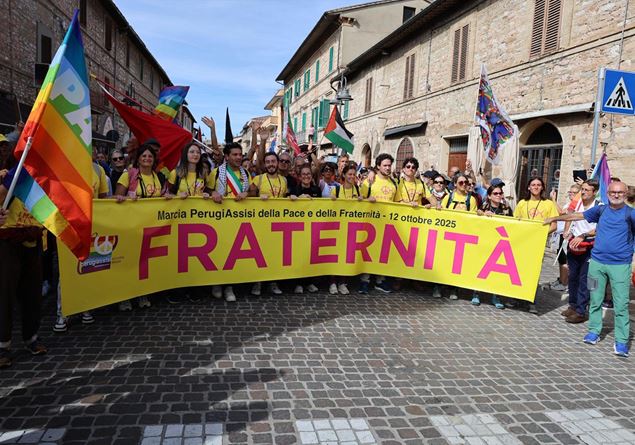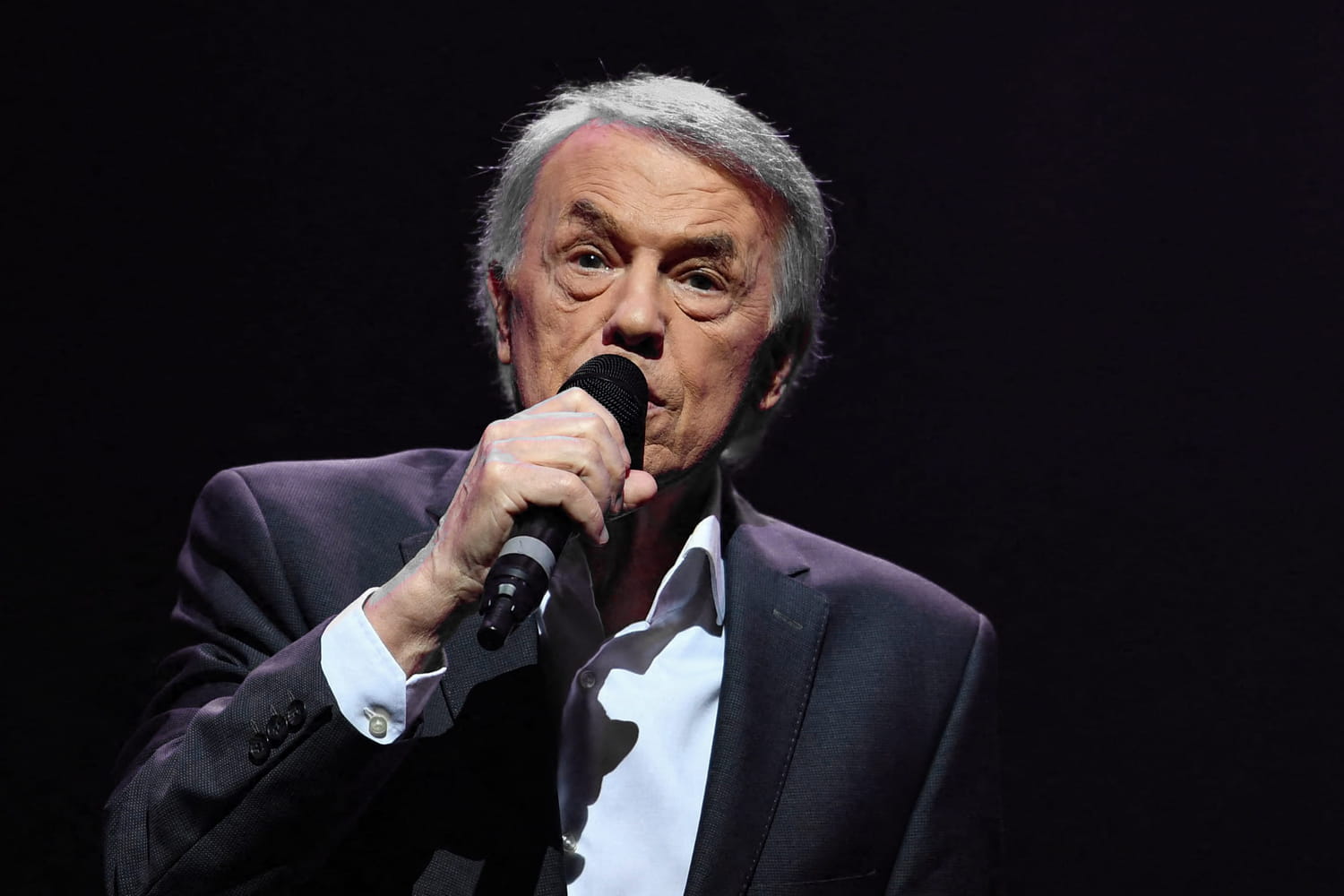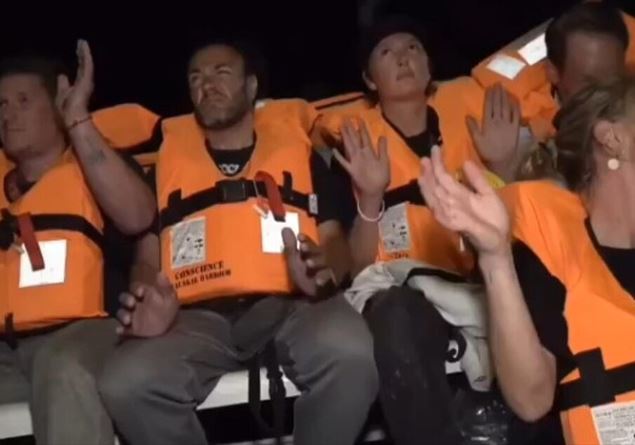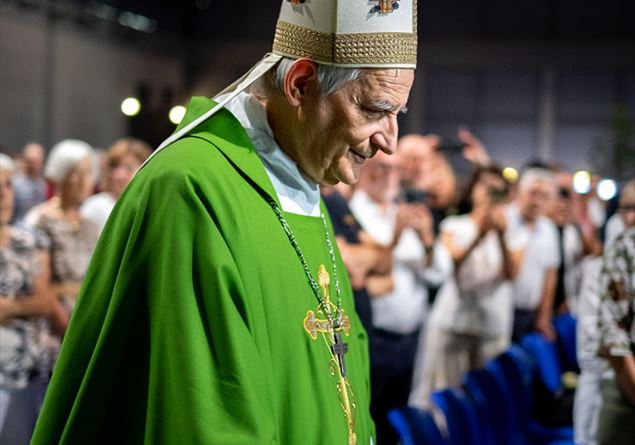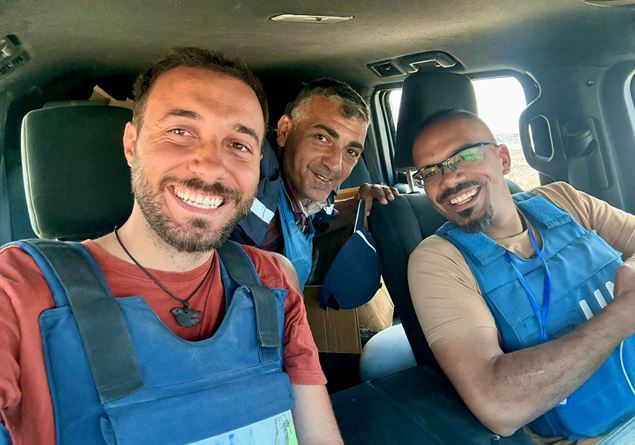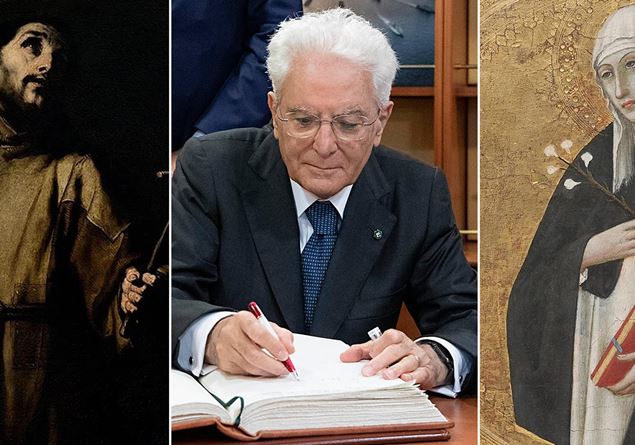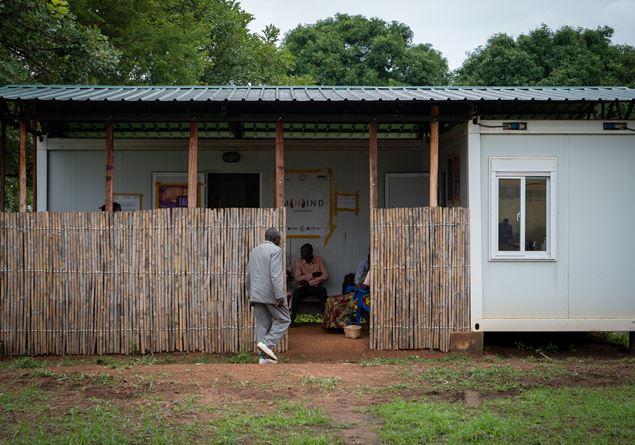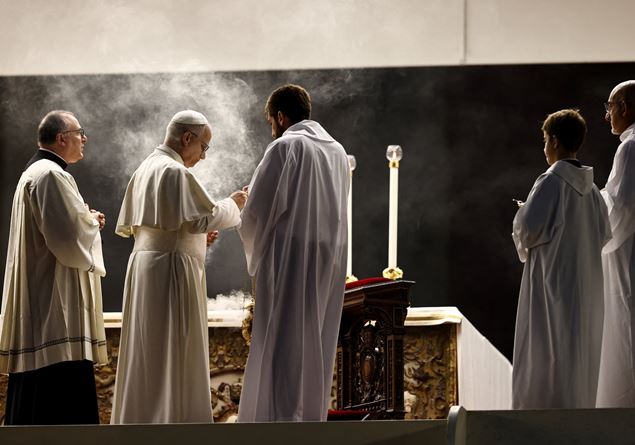“Forgiveness and justice concretely build peace”. With these words, Cardinal Matteo Maria Zuppi, Archbishop of Bologna and president of the Italian Episcopal Conference, has opened his intervention to the meeting for the friendship between the peoples of Rimini, now in its forty -sixth edition. Arrived in the morning, the purple celebrated the mass and visited the Vatican media stand, where he was interviewed by the editorial director Andrea Tornielli, by deputy director Massimiliano Menichetti and the director de The Roman observerAndrea Monda.
The cardinal immediately emphasized the value of prayer, which must not be understood as an extreme resource, but as a starting point. «Prayer opens to enter history. Because it is not the last beach. It is the first. The one from which to start, what becomes choice, solidarity, attention, closeness ». Hence the call to one of the central heredity of Pope Francis, today shared by Leone XIV: «There is no conflict ranking. They are all pieces of a single war, they are all worldwide ».
Referring to the title of the meeting, “in deserted places we will build with new bricks”, Zuppi spoke of the desert as an image of our times, the result of choices that generate solitude, ruins and violence. But, next to the desert, there are bricks: “In this jubilee year of hope we need to understand that you are bricks, that you can be bricks, that there is something new if you compare yourself with the desert”. The Jubilee, he explained, is “true renewal”, and also translates into concrete gestures such as the day of fasting and prayer for peace desired by Leone XIV.
The President of the CEI then called up some testimonies presented in Rimini: the story of two mothers, one Israeli and a Palestinian, who today work together for reconciliation; And the memory of the nineteen Christian martyrs of Algeria, killed in 1994. “These are the stories from which to start reconstructing – he said – in the hope that certain words not only move, but push to meet, to dialogue, to choose the path of reconciliation and not that of the war”.
Zuppi also mentioned the gesture made by Pope Francis in South Sudan, when he came to kneel and kiss the feet of the political leaders in order to implore the end of the conflict. “That too is a world war,” he commented, reiterating the attention of the Church on every forgotten front.
The cardinal then relaunched a reflection already contained in the magisterium of John Paul II after September 11: “There is no peace without justice, there is no justice without forgiveness”. Today, he observed, “we are weak: there is no peace, there is little forgiveness, we look for justice a few times”. The risk, he added, is to build around us “a prison that we believe safe and that instead becomes hell”. The only way out is forgiveness, which “free those who have done evil, but above all those who have suffered it”, transforming the deserts into gardens, “those that the Lord wants for everyone”.
The theme of peace has also found Eco in the words of Leone XIV, which in these days has received a delegation of the “Chagos Refugees Group” in the Vatican, recalling the right of every people to live in their land. A warning that, although not referring directly, cannot fail to suggest the tragedy of Gaza.
“Are we doing everything possible to stop the conflicts?” Zuppi wondered, remembering the question that Pope Francis posed during the trip to Hungary. A question that remains open even today, sixty years from Paul VI’s speech to the United Nations. “Peace cannot be the result of strength – recalled the cardinal -. The strength is dangerous, as well as the idea that the strongest or that prevails a balance between the fort ».
